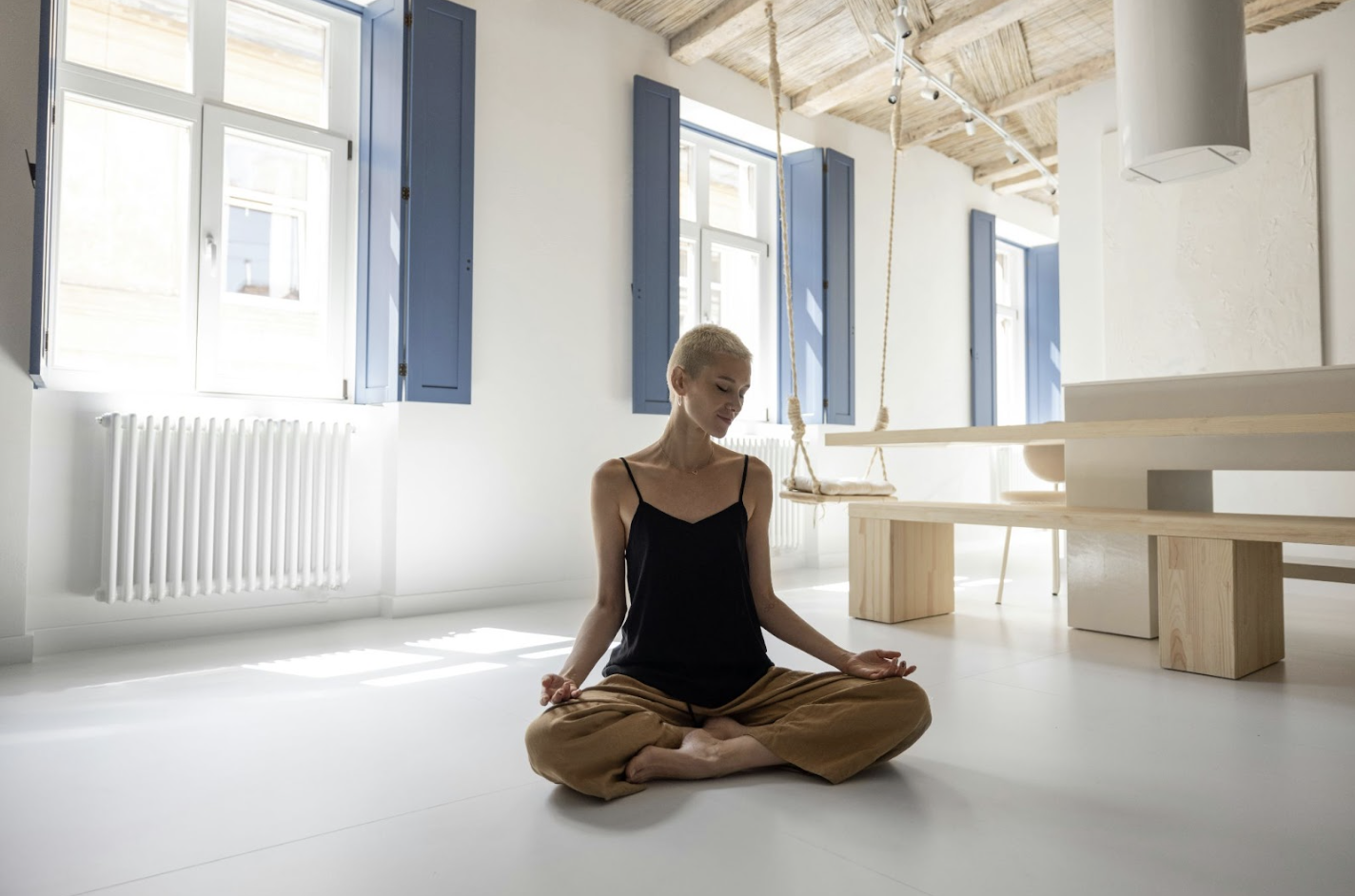Integrating Mindfulness Practices into Your Yoga Routine
Yoga is not just a physical practice; it is an opportunity to cultivate mindfulness, deepen self-awareness, and foster mental clarity. Combining yoga with mindfulness techniques such as meditation and breath awareness can significantly enhance your overall well-being, helping you to remain present both on and off the mat. Whether you’re a seasoned practitioner or new to yoga, integrating mindfulness can enrich your experience, making each session more fulfilling and restorative. To complement these mindful moments, many practitioners find wellness products, such as herbal mints & shots from Mr. Moxey's, helpful for achieving additional calmness and mental clarity.
The Benefits of Mindfulness in Yoga
Mindfulness—the practice of being fully present and engaged in the moment—aligns perfectly with yoga's core principles. Regular mindfulness practice enhances emotional resilience, reduces stress, and promotes mental and physical relaxation.
Incorporating mindfulness into your yoga routine allows you to experience postures more deeply, cultivating a heightened sense of body awareness and inner tranquility. Products designed to enhance relaxation, such as those from Budpop, can also complement your mindful yoga sessions, providing additional support for relaxation and mental clarity.
Mindfulness also enhances your yoga practice by improving your ability to focus and maintain concentration, essential elements for mastering challenging poses and sequences. With consistent practice, mindfulness can lead to improved physical performance, increased flexibility, and better posture, reducing the risk of injury and enhancing overall physical health.
Practical Mindfulness Techniques for Yoga Practice
Mindful Breathing
Mindful breathing is a foundational mindfulness technique that naturally integrates into yoga. Begin each yoga session with a few moments of deep, conscious breathing. Pay close attention to the sensations of air entering and leaving your body, the rise and fall of your chest, and your abdomen's movement. This practice anchors your attention and prepares your mind for the session ahead.
You can further enhance mindful breathing by incorporating specific breathing exercises, such as alternate nostril breathing (Nadi Shodhana) or ujjayi breath (ocean breath). These techniques deepen your relaxation and sharpen your focus, providing an even greater sense of calm and centeredness throughout your practice.
Body Scan Meditation
A brief body scan meditation can significantly deepen your yoga practice. As you move through different poses, consciously scan your body from head to toe, noticing any sensations, tensions, or feelings. Allow your breath to gently guide your attention, releasing tension and encouraging relaxation in each part of your body. This heightened awareness enhances flexibility and helps prevent injury.
Taking time for an extended body scan meditation outside your yoga practice can further develop your bodily awareness. Regularly dedicating ten to fifteen minutes to a detailed body scan can help detect subtle physical sensations and emotional responses, fostering deeper self-understanding and compassion. According to Harvard Medical School, mindfulness meditation significantly improves emotional health and overall well-being, supporting the reduction of anxiety and depressive symptoms.
Setting Intentions
Setting an intention at the start of your yoga practice helps center your thoughts and emotions. It could be as simple as fostering patience, gratitude, or compassion. By regularly focusing on your intention throughout the practice, you reinforce your mindful awareness and enhance your emotional and mental connection with your yoga routine.
Regular journaling after your yoga practice can reinforce these intentions. Writing about your experiences and reflections helps solidify your mindfulness insights, making them easier to recall and integrate into your everyday life.
Incorporating Mindfulness Beyond the Mat
The mindfulness cultivated during yoga practice can extend into your daily life, improving your emotional responses and overall life satisfaction. Engaging in mindful activities such as mindful eating, walking, or even conversations can profoundly improve your mental clarity, emotional regulation, and quality of life. Yoga, thus, serves as a gateway to broader mindfulness, positively influencing various aspects of your daily routines.
Creating dedicated mindfulness moments throughout your day can significantly enhance the benefits experienced during your yoga practice. Simple practices like pausing briefly before meals, taking short mindfulness breaks during work, or dedicating a few minutes before bedtime to reflect on the day's events can significantly deepen your overall mindfulness and enrich your quality of life.
By integrating mindfulness into your yoga practice, you not only amplify the benefits of each session but also cultivate a richer, more mindful approach to life, promoting deeper connections, reduced stress, and greater emotional resilience.


